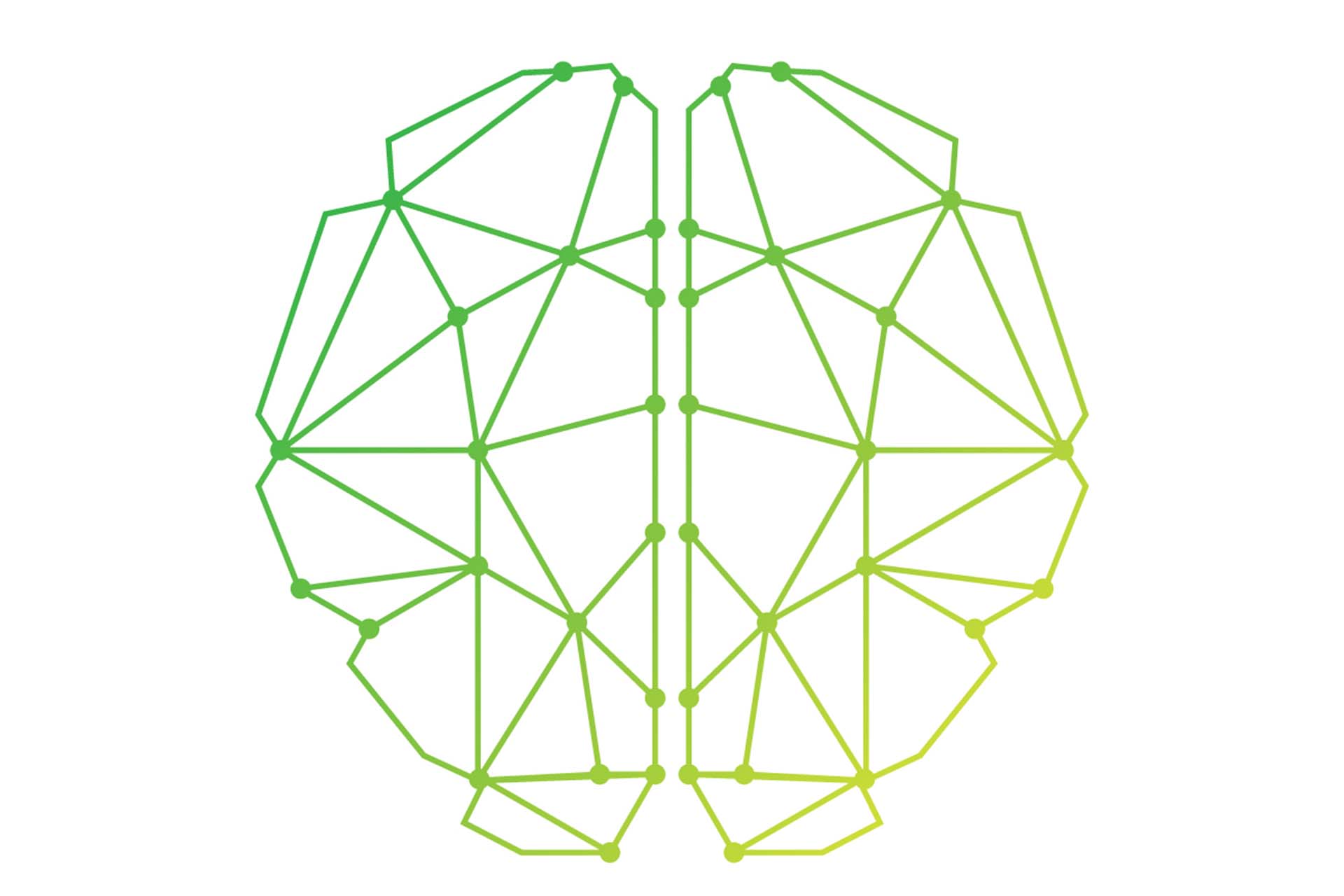
MD, ScD, Professor Dušan Vešović is on LinkedIn

A study published in Psychiatry Research: Neuroimaging finds that low vitamin D levels are associated with increased brain aging.
Vitamin D is an important vitamin that plays a significant role in metabolic processes. It is best known for its involvement in regulating calcium and phosphate in the body, but it does much more than that. A deficit of vitamin D has been linked with worsened memory, problems with executive functioning, and overall cognitive impairments. Mixed research has been conducted on whether or not vitamin D deficiency is related to dementia risk. Regardless, the research seems to agree that vitamin D does have notable effects on brain structure and functioning in humans.
This study sought to further explore vitamin D’s relationship with the brain, including the volume of gray matter and imaging patterns of aging observed.
For their study, Jan Terock of the University Medicine Greifswald and his colleagues utilized data from 1,865 participants aged 20 to 82 years old pulled from the Study of Health in Pomerania-Trend baseline, which is a German population-based, cohort study. Participants underwent an MRI for all imaging, which focused on gray matter, white matter, intracranial volume, brain age, total brain volume, and volume of left and right hippocampus. Brain age was calculated using chronological age and brain volume. Vitamin D levels were measured through blood samples.
Increased vitamin D levels were linked with brain matter volume, specifically gray matter volume and total brain volume. These relationships are only significant in older adults, though nonsignificant similar patterns emerge in younger participants.
These results were also only significant for male participants, which prompts further research on sex differences in underlying mechanisms related to vitamin D and brain functioning. Regardless, the results suggest vitamin D may have a protective quality in regard to the brain.
“In summary, our results support previous findings suggesting that vitamin D-deficient individuals have advanced brain aging,” the researchers explained. “In addition, finding positive associations between vitamin D levels and gray matter volumes and particularly hippocampal volume, our findings indicate that the beneficial effects of vitamin D on neuroprotection and proliferation may lead to MRI detectable brain structural changes.”
This study took important steps into better understanding the relationship between vitamin D and brain aging and function. Despite this, there are limitations to note. One such limitation is that this study is cross-sectional and does not allow for any causal conclusions to be drawn. Future research should incorporate a longitudinal design. Additionally, vitamin D was only measured at one point and may not be representative of normal vitamin D levels.
“In conclusion, our results from a large general-population sample comprising adults from all age groups support the concept of vitamin D playing an important role in maintaining brain neuronal integrity,” the researchers wrote. “Still, given that data are cross-sectional, it cannot be determined whether vitamin D should be regarded as a factor in the development of brain age or as a marker for brain health status.”
Whole study, you may find here.
Source: https://www.psypost.org/2023/01/study-links-vitamin-d-deficit-to-accelerated-brain-aging-64686.